OAT (One Amazing Thing) Giant Squid Eye Stay Curious
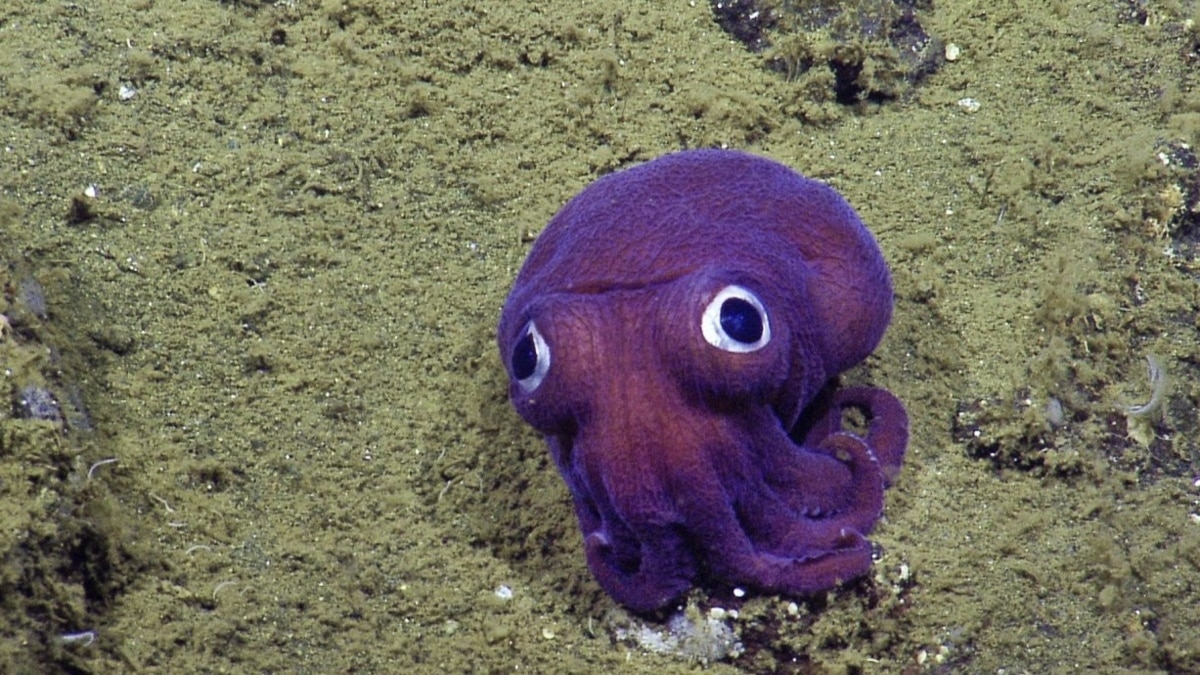
Scientists Go Crazy About a BigEyed Squid
The giant squid sees the world with eyes the size of soccer balls. They're at least 25 centimetres (10 inches) across, making them the largest eyes on the planet. For comparison, the largest.

Colossal Squid Eye Size
Just How Big Are The Eyes Of A Giant Squid? March 15, 20125:08 PM ET Heard on All Things Considered Nell Greenfieldboyce 4-Minute Listen Playlist Enlarge this image This giant squid was.

40 Random Obscure Facts to Make You Sound Like a Genius Best Life Cephalopod, Cuttlefish
Morphology and anatomy Like all squid, a giant squid has a (torso), eight , and two longer (the longest known tentacles of any cephalopod). The arms and tentacles account for much of the squid's great length, making it much lighter than its chief predator, the .

Giant Squid Eye Smithsonian Institution
Compared with two more commonly encountered, shallow-water species — pharaoh cuttlefish and oval squids — giant squids have rather small optic lobes, given how huge their eyes are. In.
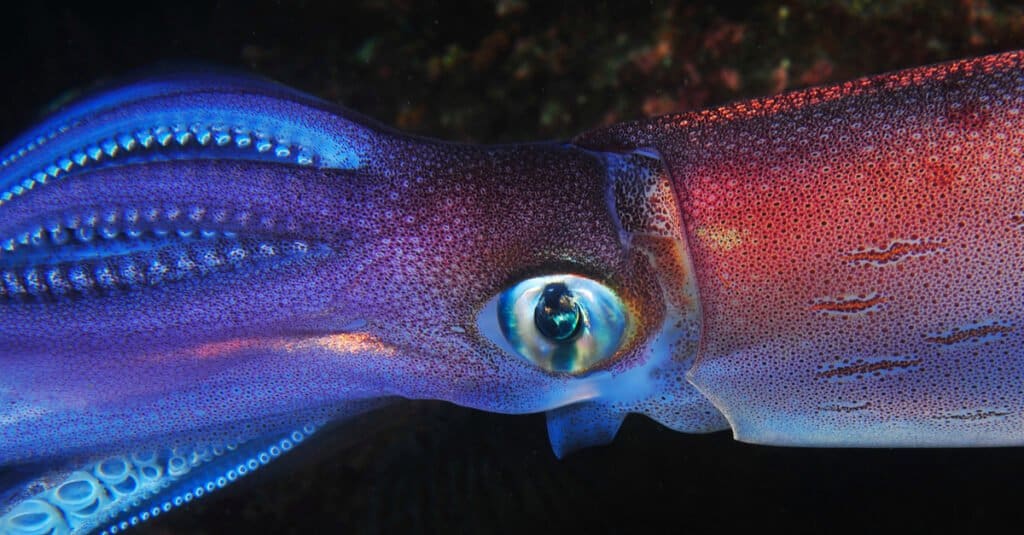
Discover the Largest Invertebrate in the World AZ Animals
The giant squid is morphologically similar to smaller squid species, possessing a head, a mantle, and other features associated with cephalopods. It is characterized by the presence of two large fins attached to its mantle, eight arms, and two long tentacles.
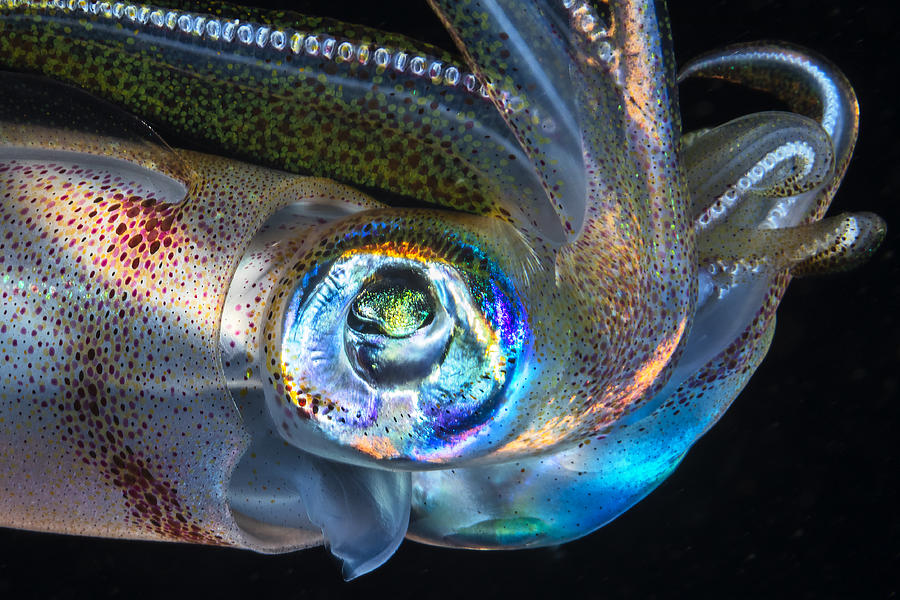
Eye Of Squid Photograph by Barathieu Gabriel
February 13, 2017 The cockeyed squid keeps one eye to the sky and another peeled to the darkness below. Wikimedia Commons Histioteuthis heteropsis is commonly known the cockeyed squid for.
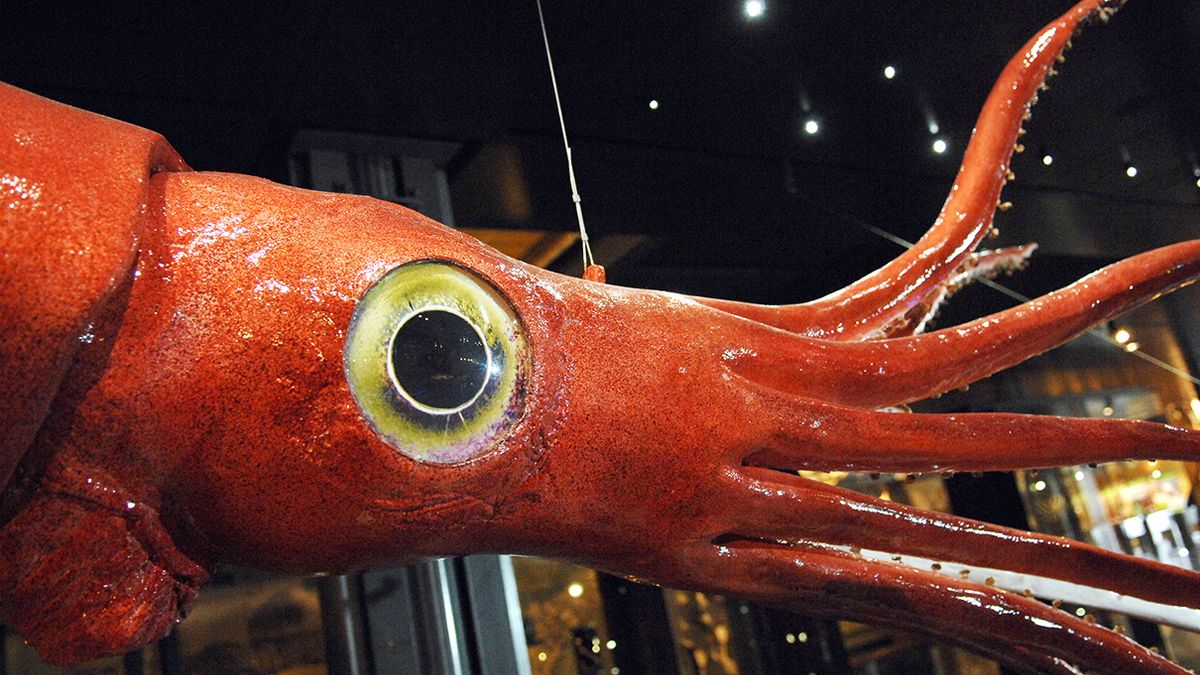
Giant Squid, Giant Eyes But Relatively Small Optic Lobe HowStuffWorks
The goal of the expedition was to capture footage of the giant squid, an incredibly elusive animal that can grow as large as a four-story building, but had until that point, only ever been studied.

Amazing eyes 17 vision champions Natural History Museum
The giant squid sees the world with eyes the size of soccer balls. They're at least 25 centimetres (10 inches) across, making them the largest eyes on the planet. For comparison, the largest.

Giant squid with a 27centimeter eye reaches the shores of South Africa American Post
The world's biggest squid species have developed huge eyes to give early warning of approaching sperm whales. Colossal and giant squid both have eyes that can measure 27cm (11in) across - much.
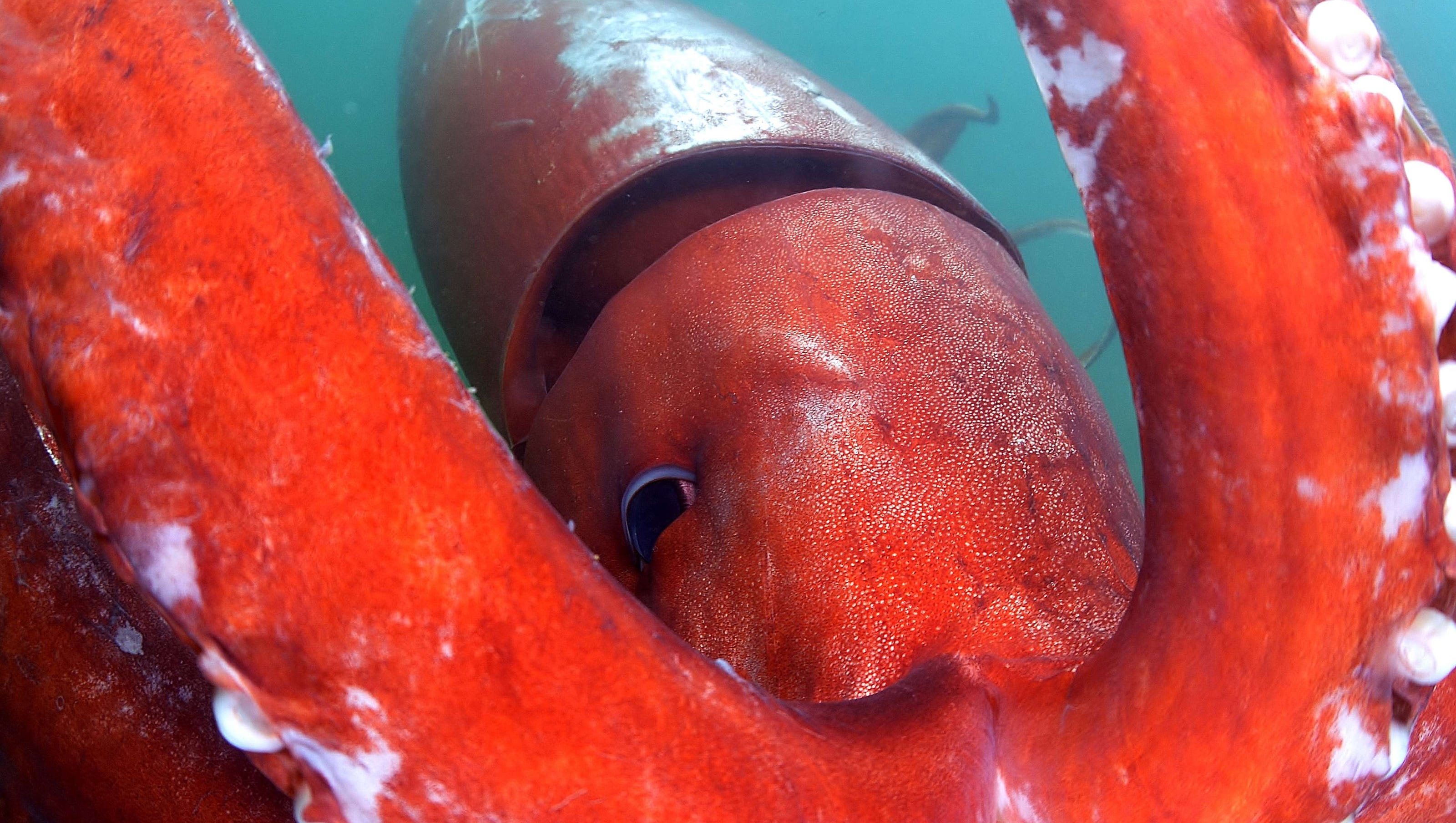
Watch Rare giant squid caught on camera in Japanese bay
Marine biologists in New Zealand studying the carcass of a colossal squid say they've measured its intact eye at eleven inches across, making it the largest.
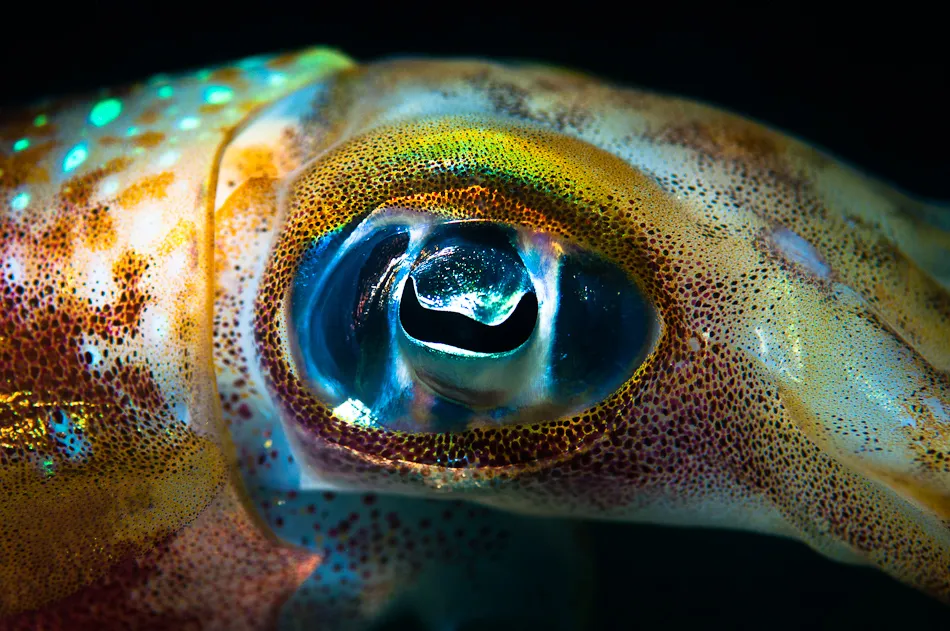
Sepioteuthis lessoniana Big fin reef squid eye Smithsonian Photo Contest Smithsonian Magazine
Giant squid and colossal squid have the largest eyes of any living animal, and possibly the largest eyes that have ever existed in the animal kingdom, according to the Museum of New Zealand..

OAT (One Amazing Thing) Giant Squid Eye Stay Curious
Giant Squid's Basketball-Size Eyes Have Sperm Whale Vision Colossal and giant squid eyes—the world's biggest—seem to have a "superpower" Captain Ahab might have killed for: sperm whale.
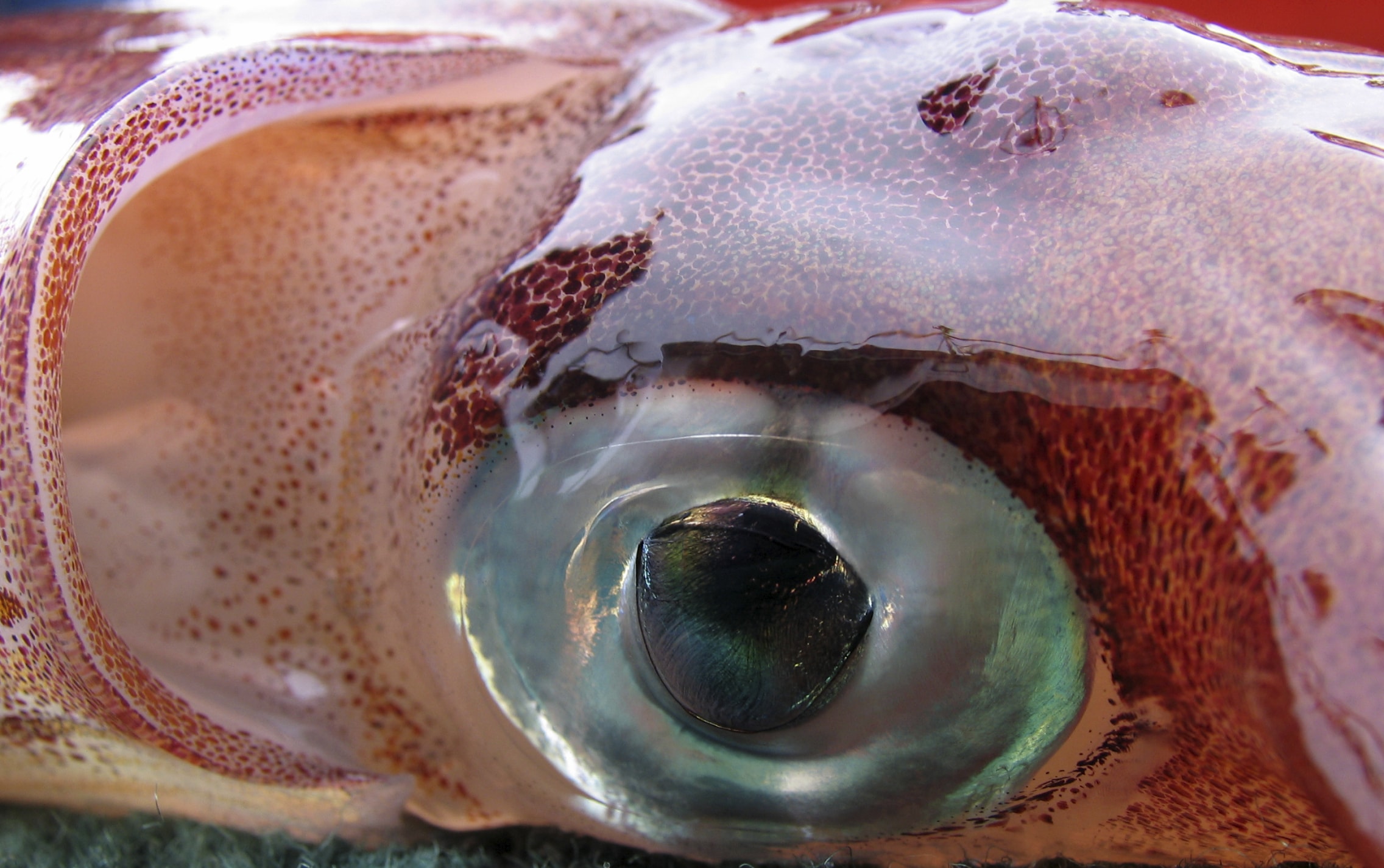
Creatures of the Deep The Giant Squid Offshore Supply
May 1, 2012 Giant squid have eyes as big as basketballs - measuring two or three times that of any other animal. For example, squid and swordfish are similar in size but a squid's eyes are.

Colossal Squid Eye Size
Giant Squid Common Name: Giant Squid Scientific Name: Architeuthis dux Type: Invertebrates Diet: Carnivore Group Name: School Size: 33 feet Weight: 440 pounds Size relative to a bus: IUCN Red.
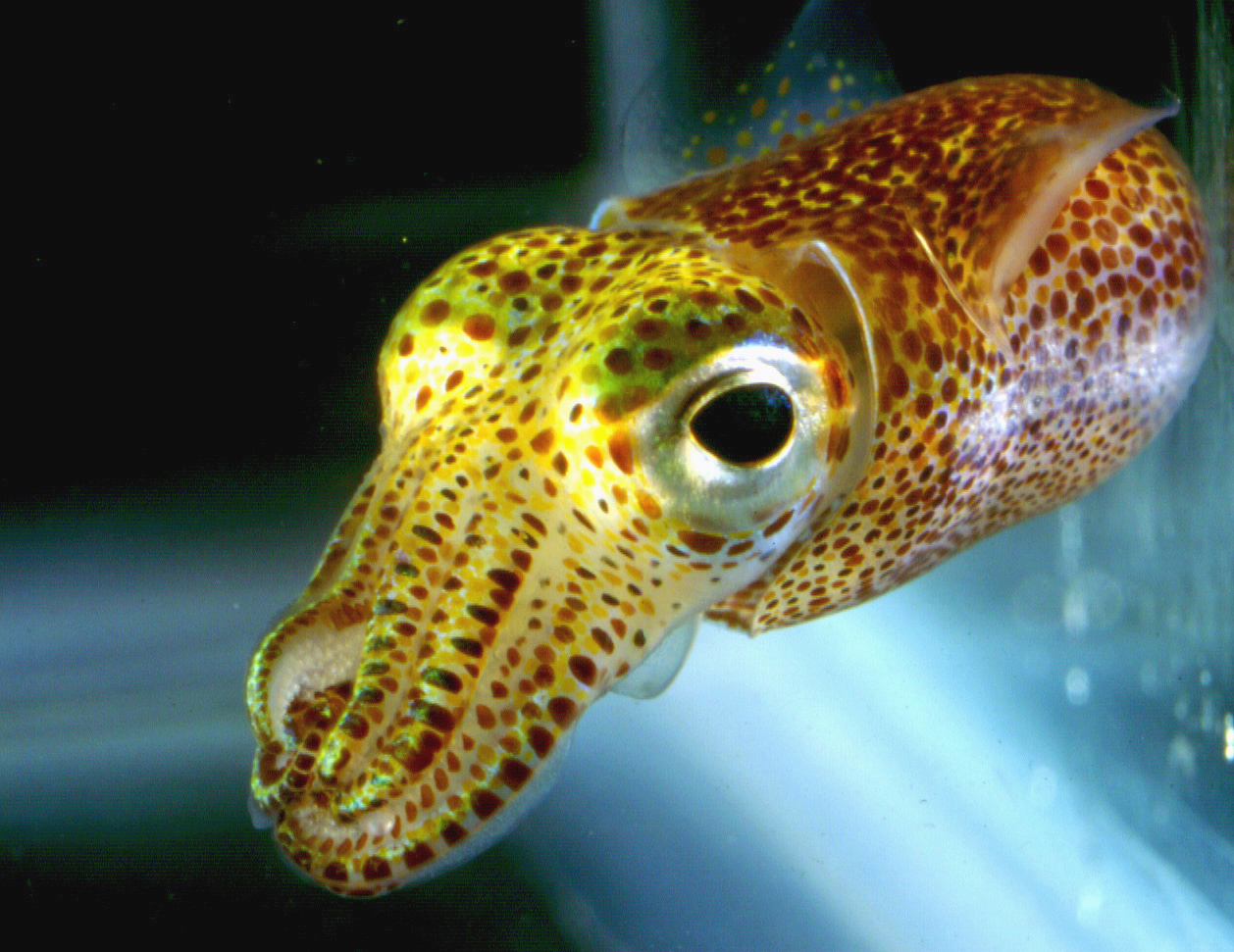
Why the giant squid eye? Deep Sea News
The largest measured giant squid eye is 27 centimeters (10.63 inches), roughly the size of a large dinner plate. Whereas all giant squids don't have goliath fine china size eyeballs, most are between 5-15 centimeters (~2-6 inches), their peepers are huge.

Giant Squids Find out about their characteristics and much more
Over millions of years of evolution, giant squid eyes have been perfected to see the low levels of light that penetrate the ocean's twilight zone between 200 and 1000 meters below the surface..